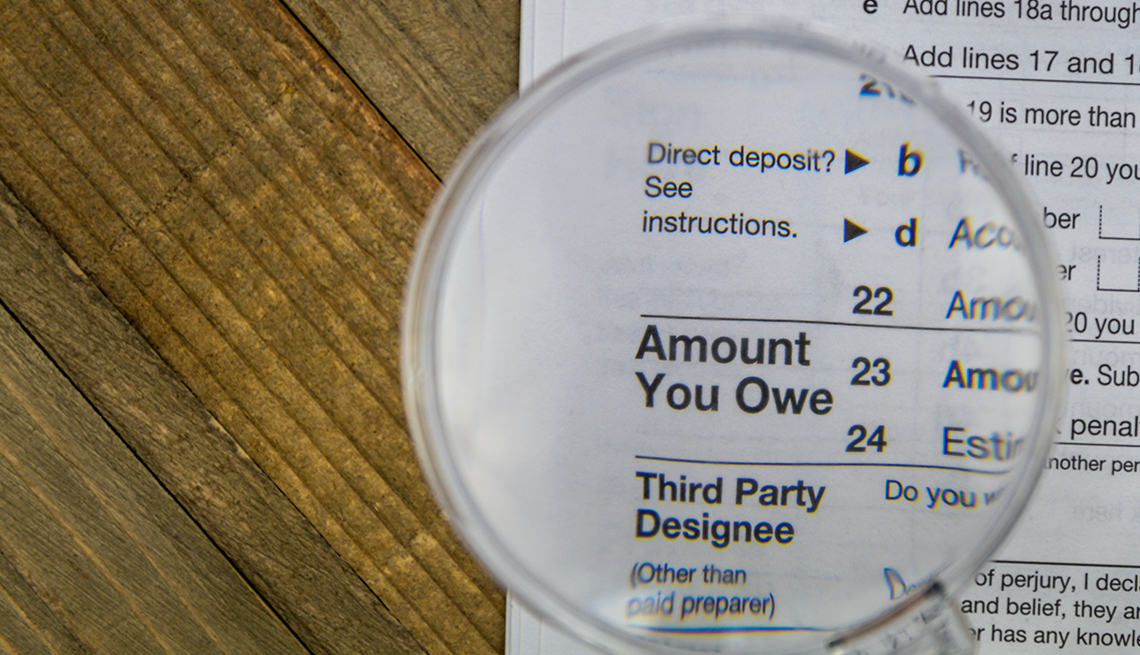Staying Fit
The Treasury Department has announced that most taxpayers will have an additional 90 days to pay their federal income taxes. The deadline to file tax returns is now July 15.
"All you have to do is file your taxes,” Treasury Secretary Steven Mnuchin said in a Tuesday news conference. “You'll automatically not get charged interest and penalties."


AARP Membership— $12 for your first year when you sign up for Automatic Renewal
Get instant access to members-only products and hundreds of discounts, a free second membership, and a subscription to AARP the Magazine.
Anyone who owes federal taxes is eligible for the penalty-free late payment. This relief also includes estimated tax payments for tax year 2020 that are due on April 15, 2020.
Throughout the tax season, check for the latest updates and resources
Neither the IRS nor the Treasury Department has released full details on how the 90-day grace period will work. For example, the Treasury Department hasn't ruled on whether the change will affect IRA contributions for 2019, which can be made until April 15 under current rules. Nor has it said how the ruling would affect taxpayers who are paying on the installment plan.
"Mnuchin's trying to telegraph a message that isn't complete,” said Robert Kerr, an enrolled agent and executive vice president of the National Association of Enrolled Agents. “Government works slowly, and basically the most you can say is that there is some significant tax abatement on the way."
Giving tax relief in the form of late filing isn't uncommon. The government often grants filing or payment extensions (or both) in areas that have been affected by disasters, such as earthquakes or hurricanes. And under current law, you can get an automatic extension to file, provided you estimate your taxes and pay them by April 15. You'll then have until Oct. 15 to file your tax return.
If you're owed a refund, file as you normally would. “We encourage those Americans who can file their taxes to continue to file their taxes on April 15 because for many Americans, you will get tax refunds and we don't want you to lose out on those tax refunds,” Mnuchin said. “We want you to make sure you get them."
As of March 6, the IRS had processed 67,998,000 individual returns and issued 52,721,000 refunds. The average refund so far is $3,012.
Editor's note: This article was originally published March 18, and updated with additional information.
































































